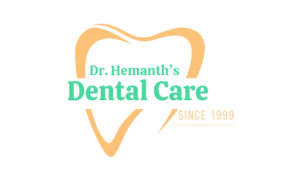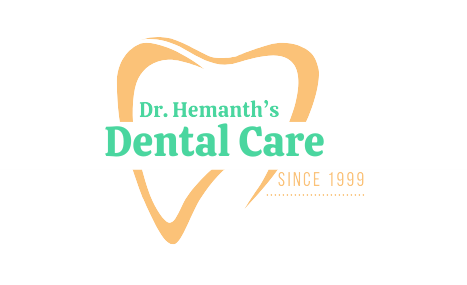Oral Surgery
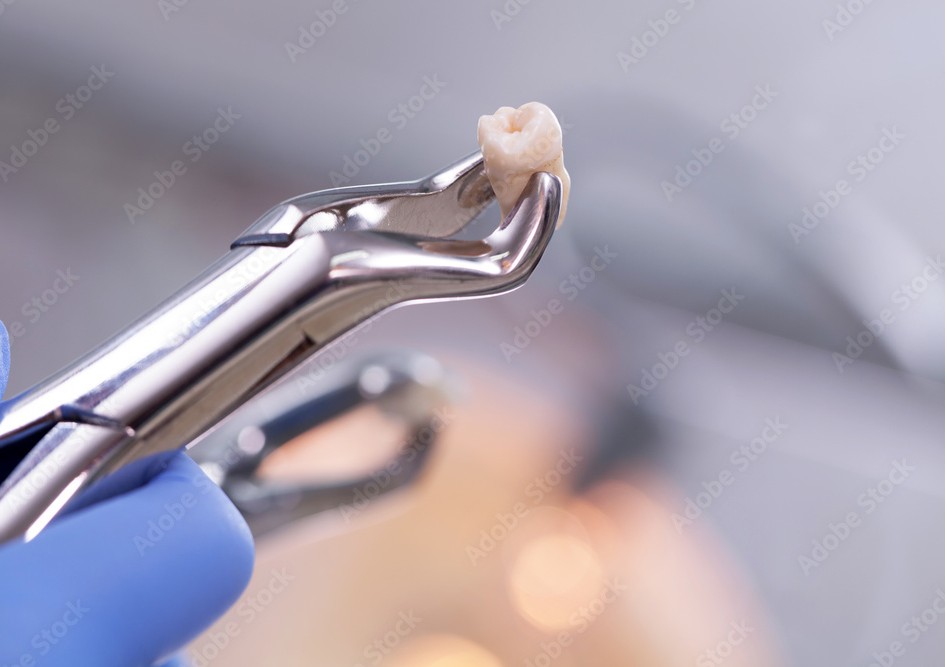
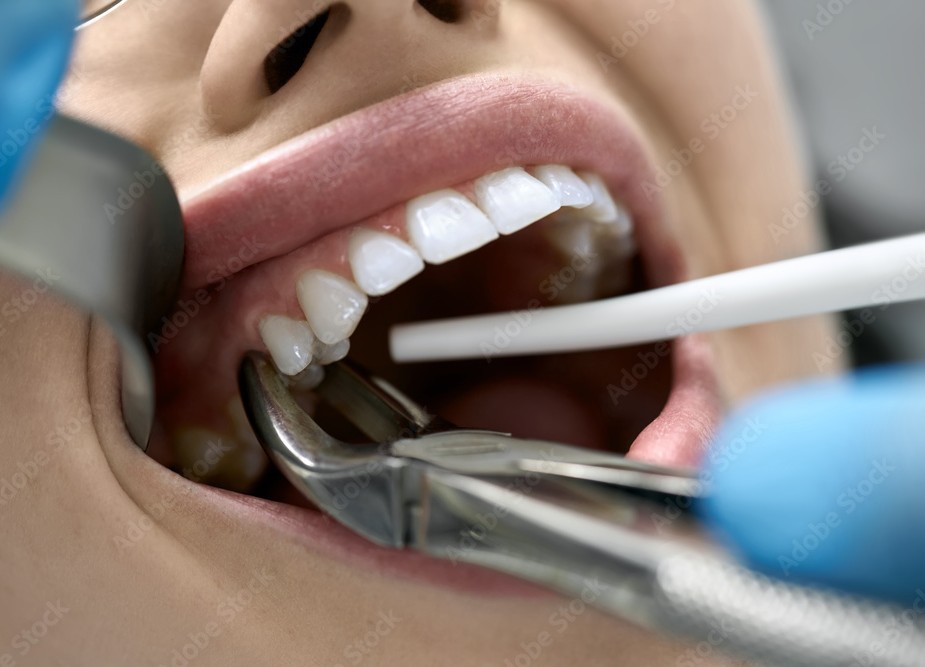
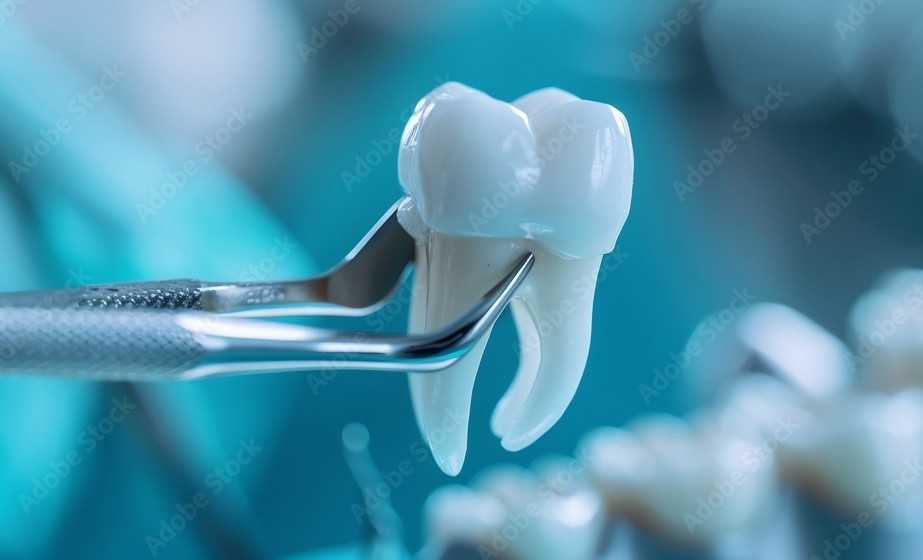
Oral and Maxillofacial Surgery: Addressing Complexities of the Jaw and Mouth
Oral and maxillofacial surgery (OMS) is a specialized dental field that focuses on diagnosing, treating, and managing conditions affecting the mouth, jaw, face, and associated tissues. Oral surgeons have extensive training beyond dental school, encompassing surgical procedures and anesthesia administration. They collaborate with other dental professionals and physicians to provide comprehensive care for a wide range of concerns.
What Does an Oral Surgeon Do?
Oral surgeons perform a diverse range of procedures, some common examples include:
- Tooth extraction: While general dentists handle most extractions, oral surgeons manage complex cases like impacted wisdom teeth, deeply rooted teeth, or teeth requiring bone grafting before extraction.
- Dental implant placement: Oral surgeons specialize in surgically placing dental implants, the foundation for implant-supported dentures or crowns.
- Jaw surgery: This can involve correcting jaw misalignment (orthognathic surgery) for functional or cosmetic reasons, or addressing tumors or fractures of the jaw.
- Facial trauma repair: Oral surgeons treat facial injuries caused by accidents, sports injuries, or violence, restoring function and aesthetics.
- Treatment of sleep apnea: In some cases, oral surgery can improve sleep apnea by widening the airway or adjusting jaw structures.
- Oral pathology: Oral surgeons diagnose and manage oral diseases and abnormalities, including cysts, tumors, and facial infections.
- Reconstructive surgery: Following facial trauma, tumors, or congenital defects, oral surgeons can perform reconstructive surgeries to restore function and appearance.
How Does Oral Surgery Work?
The specific approach for an oral surgery procedure depends on the type of surgery being performed. However, here’s a general outline:
- Consultation and Planning: The initial consultation involves a thorough examination, x-rays, or 3D scans to assess the problem and determine the best course of action.
- Anesthesia: Depending on the complexity of the surgery, local anesthesia (numbing the surgical area) or general anesthesia (putting you to sleep) may be used.
- The Surgical Procedure: Oral surgeons utilize specialized tools and techniques to perform the surgery with precision and minimize discomfort.
- Stitches and Bandages: Depending on the procedure, stitches may be used to close the surgical site, and bandages may be applied for support or swelling control.
- Post-Operative Care: Oral surgeons provide detailed instructions on post-surgical care, including pain management, medication, and dietary restrictions.
Who Needs Oral Surgery?
Oral surgery may be recommended for various reasons:
- Complexities beyond routine dentistry: When a tooth extraction is particularly difficult due to root position or breakage, or wisdom teeth are impacted, an oral surgeon’s expertise is required.
- Jawbone concerns: For dental implant placement requiring bone grafting or jaw surgery to correct misalignment, oral surgeons are the specialists.
- Facial trauma or reconstruction: Following accidents or for treatment of facial abnormalities or tumors, oral surgeons perform reconstructive procedures.
Benefits of Oral Surgery
Oral surgery offers numerous benefits, including:
- Improved function: Procedures like jaw surgery can correct bite problems, improving chewing and speech.
- Pain relief: Surgery can address pain caused by impacted teeth, jaw misalignment, or facial injuries.
- Enhanced aesthetics: Oral surgery can improve facial appearance following trauma or correct jaw deformities.
- Preserving oral health: Early intervention with wisdom teeth removal or surgery for jawbone issues can prevent future complications.
- Increased confidence: A restored smile and improved facial appearance can boost confidence and self-esteem.
Conclusion
Oral and maxillofacial surgery plays a vital role in addressing complex dental and facial concerns. If your dentist recommends oral surgery, consult with an oral surgeon to discuss your options and understand the procedure in detail. With their expertise and advanced training, oral surgeons can provide effective solutions to restore your oral health, function, and confidence.
Contact Us
Send Us an Email
Monday: 9:00 am-9:00 pm
Tuesday: 9:00 am-9:00 pm
Wednesday: 9:00 am-9:00 pm
Thursday: 9:00 am-9:00 pm
Friday: 9:00 am-9:00 pm
Saturday: 9:00 am-9:00 pm
Sunday: 9:00 am-9:00 pm

